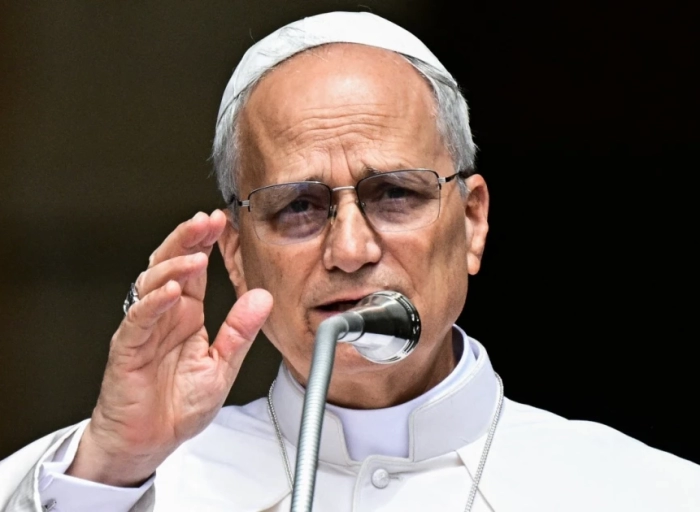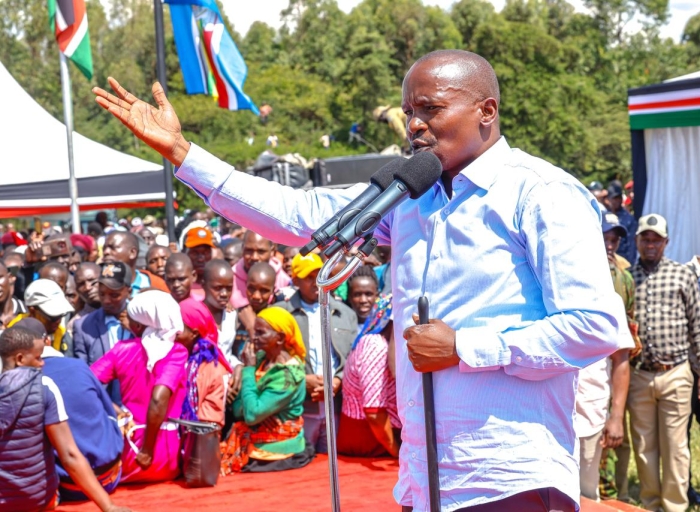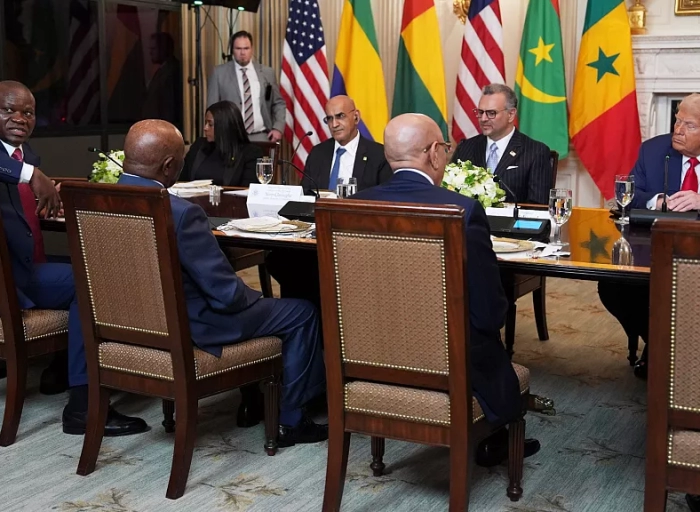Nigeria is mourning the passing of one of its most prominent and controversial political figures, former President Muhammadu Buhari, who died in London on Sunday at the age of 82 after a prolonged illness. The announcement was made by Garba Shehu, Buhari’s longtime spokesperson, with confirmation from President Bola Tinubu, who ordered flags to fly at half-staff and dispatched Vice President Kashim Shettima to accompany the late leader’s body back to Nigeria.
Buhari leaves behind a complex legacy that spans decades of Nigerian political history. He first rose to national prominence as a military strongman who ruled Nigeria from 1983 to 1985 following a coup. Decades later, he rebranded himself as a “converted democrat,” becoming the first opposition candidate to defeat an incumbent in Nigeria’s history with his 2015 presidential victory. He served two terms before leaving office in 2023.
While his historic election raised hopes for reform in Africa’s largest economy, Buhari’s presidency was marked by persistent challenges. Despite campaign promises to stamp out corruption and improve security, Nigeria continued to grapple with widespread graft, terrorist threats, and economic instability. His critics, including renowned writer Chimamanda Ngozi Adichie, argued that his administration represented “a failure of leadership,” citing ineffective governance and a disconnect with the public.
Buhari’s frequent medical trips to the UK, including one lasting nearly three months, fueled speculation about his health throughout his presidency. The secrecy surrounding his condition, compounded by public relations missteps—such as a now-revealed fabricated story about rats invading the presidential office—highlighted concerns over transparency and the state of Nigeria’s healthcare system.
Despite the controversies, Buhari remained a significant figure in shaping modern Nigeria. His death marks the end of an era—one defined by both ambition for change and the enduring challenges of governance in Africa’s most populous nation.
As the nation prepares for his return and burial, tributes and critiques alike continue to pour in, reflecting the duality of a leader who inspired both hope and disappointment.




